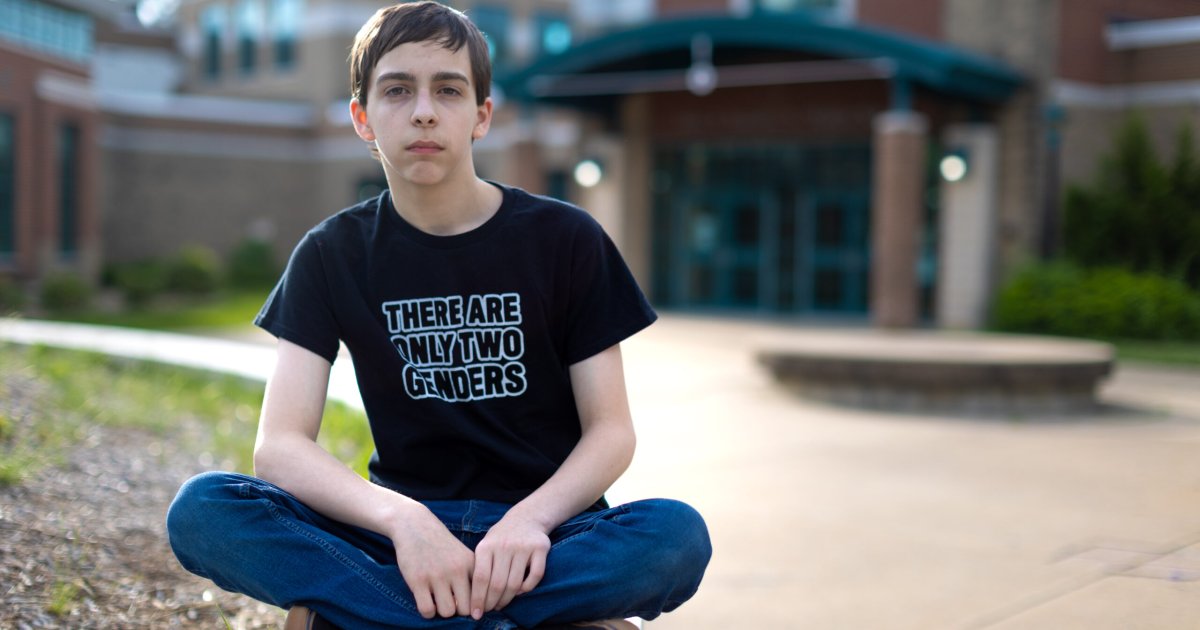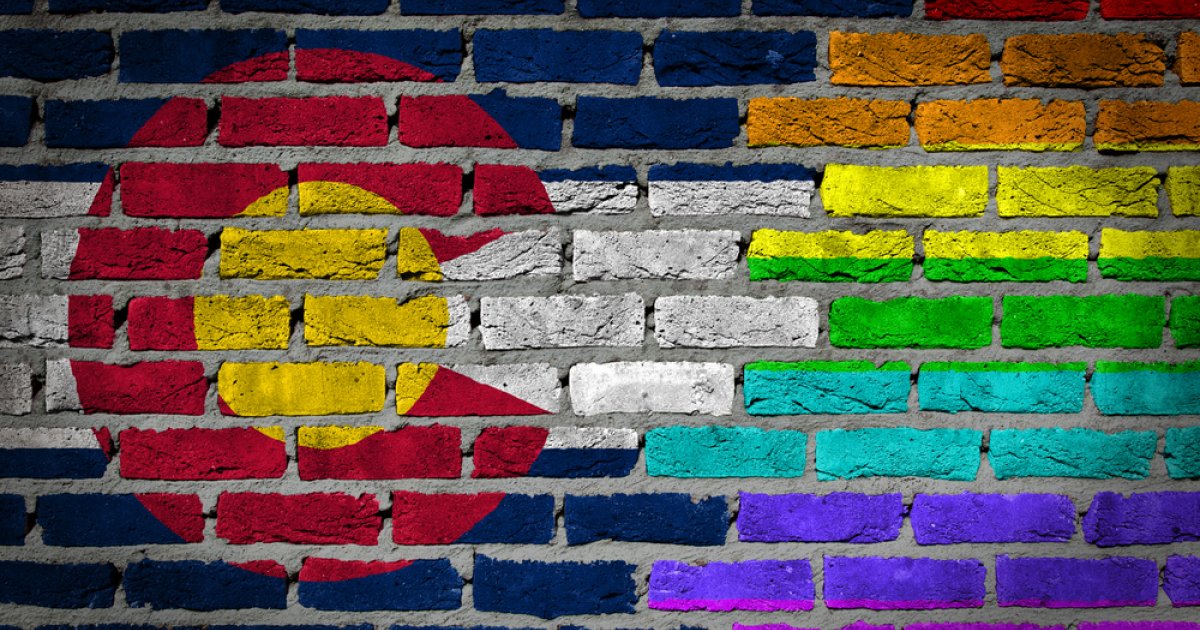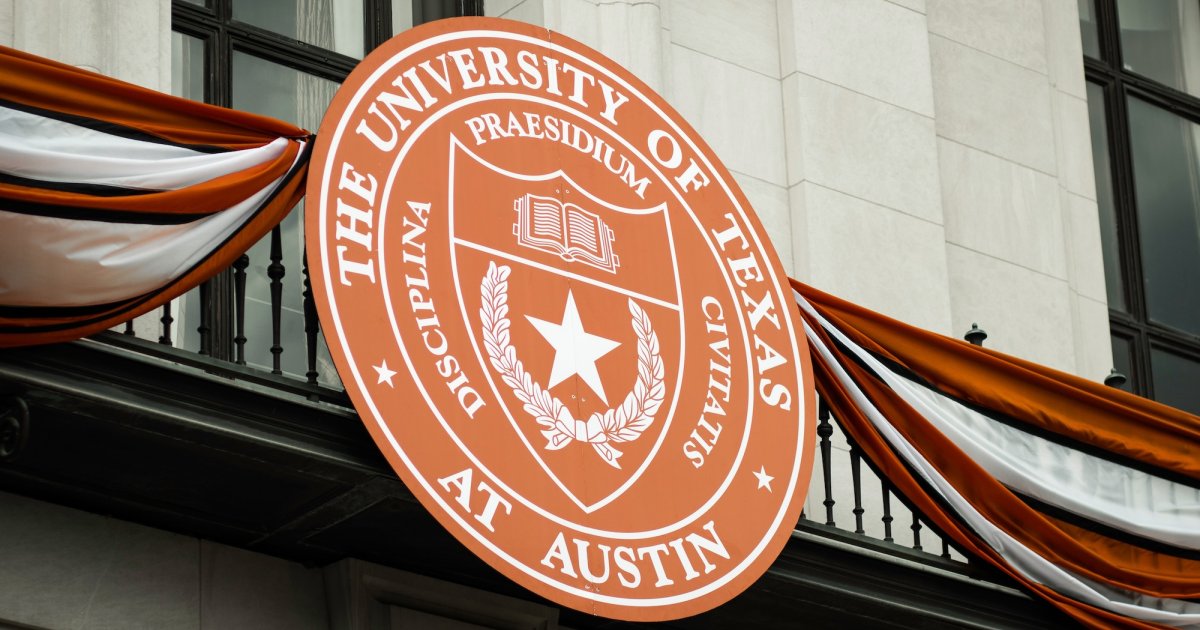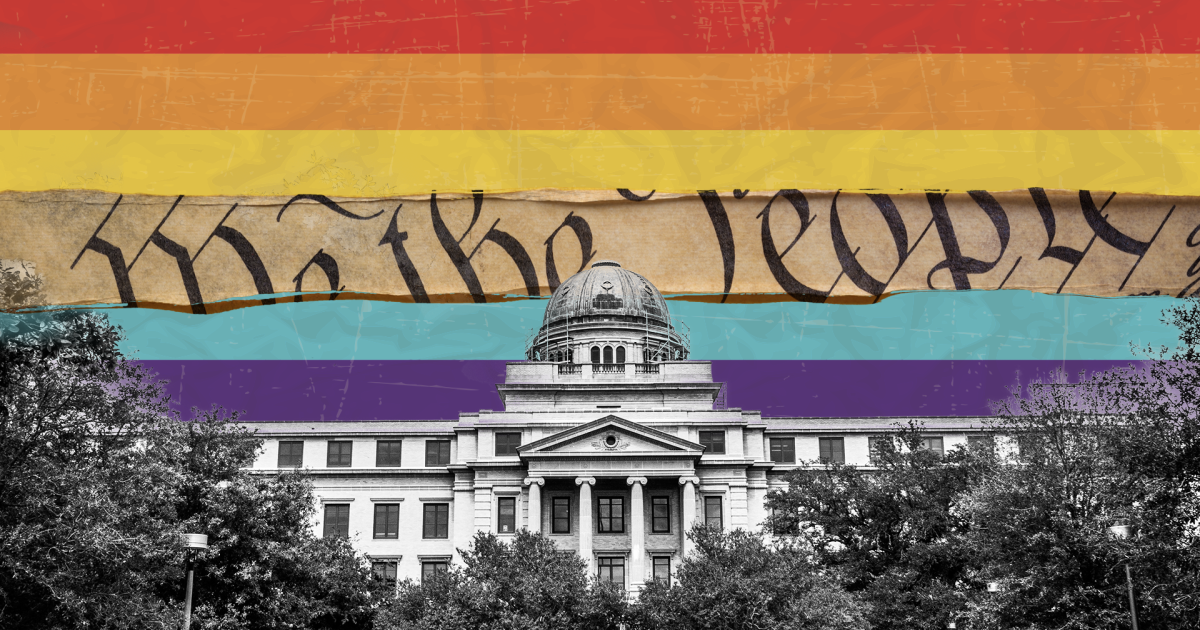Republican-controlled legislatures in two bordering states, Ohio and Kentucky, have now passed laws requiring post-tenure review policies at public universities and banning diversity, equity and inclusion offices, along with other DEI activities.
Many faculty and some Democratic leaders say the new laws threaten academic freedom and undermine tenure. In Ohio, lawmakers passed the sweeping higher education legislation, which has been in the works for a few years, over protests from faculty and students. The Ohio Student Association, for instance, said the bill would kill higher education in the state. Meanwhile, in Kentucky, Republican lawmakers rushed legislation through the process in order to successfully override their Democratic governor’s veto and put their higher education changes into law.
Ohio and Kentucky join Arkansas, Utah and Wyoming this year as states where Republicans have passed laws targeting DEI and/or promoting alternative “intellectual diversity.” Even if the Trump administration’s ongoing nationwide attacks on DEI founder, these laws lock in restrictions on DEI in these states, preventing institutions from reversing course on diversity program rollbacks.
Much of the new laws in Ohio and Kentucky echo the DEI bans that the other states have enacted, but Ohio’s legislation goes further than Kentucky’s, allowing immediate “for cause post-tenure reviews,” banning strikes for a large group of faculty and much more.
Ohio governor Mike DeWine, a Republican, signed into law Friday a version of higher education legislation that’s been debated for the last two years but had failed to pass despite Republican majorities in the capitol. Senate Bill 1, the evolution of the failed legislation, combined numerous postsecondary changes that GOP legislators have sought to enact in other states.
Among many other things, the new law bans full-time faculty from striking. It prohibits DEI offices, DEI in job descriptions and DEI in scholarships, without defining what DEI is. It requires institutions to “demonstrate intellectual diversity” in a range of areas, including course approval, general education requirements, common reading programs and faculty annual reviews. It also requires four-year institutions to publicly post online the syllabi for undergraduate courses, including the names of the instructors and “any required or recommended readings.” Community colleges must post more general syllabi.
SB 1 also mandates a version of institutional neutrality, requiring colleges and universities to declare they “will not endorse or oppose, as an institution, any controversial belief or policy, except on matters that directly impact the institution’s funding or mission of discovery, improvement, and dissemination of knowledge.” The “controversial” beliefs and policies that institutions are required to stay silent on include any that are “the subject of political controversy, including issues such as climate policies, electoral politics, foreign policy, diversity, equity, and inclusion programs, immigration policy, marriage, or abortion.” (Ohio colleges and universities do retain the right to endorse Congress when it goes to war.)
The law further requires all institutions to establish post-tenure review policies—which could lead to firing tenured faculty. The legislation bans unions from using their collective bargaining rights to negotiate over these policies. And SB 1 allows certain administrators to launch “an immediate and for cause post-tenure review at any time for a faculty member who has a documented and sustained record of significant underperformance” outside their regular annual performance evaluations.
“This bill eliminates tenure,” said Sara Kilpatrick, executive director of the Ohio Conference of the American Association of University Professors. “If certain administrators can call for post-tenure review at any time and fire a faculty member without due process, that is not real tenure, that is tenure in name only.”
Pointing to a provision for an appeals process, Republican state senator Jerry Cirino, who filed SB 1, said, “They’re lying about that” and “once again, the AAUP is misrepresenting the facts.”
He added that the bill is “very pro–higher education.”
“I’m not going to fall for these false narratives that the left is trying to put out there mischaracterizing this bill,” Cirino said.
The Ohio governor’s office didn’t respond to Inside Higher Ed’s requests for comment Monday about why DeWine signed this bill into law.
In Kentucky, the Democratic governor didn’t go along with the legislature, vetoing an anti-DEI bill. But Republicans overrode Gov. Andy Beshear.
Bucking Beshear
Kentucky’s House Bill 4 bans what that legislation defines as DEI offices, employees and training in public colleges and universities, as well as the use of affirmative action in hiring and in deciding scholarships and vendor selection. It also affects curricula by barring institutions from requiring courses whose “primary purpose is to indoctrinate participants with a discriminatory concept.”
The new law generally defines a “discriminatory concept” as one that “justifies or promotes differential treatment or benefits” for people based on “religion, race, sex, color or national origin.” It broadly characterizes DEI as promoting a discriminatory concept. And it defines “indoctrinate” as imbuing or attempting to “imbue another individual with an opinion, point of view or principle without consideration of any alternative.”
Additionally, under the new law, the Council on Postsecondary Education, which oversees Kentucky’s public colleges and universities, can’t approve new degrees or certificates that require courses or trainings primarily intended to “indoctrinate” with discriminatory concepts. And it encourages the council to eliminate current academic programs that contain such requirements.
Beshear vetoed House Bill 4 on March 19 and defended diversity programs, adding that the legislation attempts to “control how universities and colleges meet the needs of their students and prepare them for their future.”
“Acting like racism and discrimination no longer exist or that hundreds of years of inequality have been somehow overcome and there is a level playing field is disingenuous,” Beshear added. “History may look at this time and this bill as part of the anti–civil rights or pro-discrimination movement. Kentucky should not be a part of that movement.”
On Thursday, the Kentucky House voted 79 to 19 to override this veto, and the Senate voted 32 to 6.
Beshear also vetoed another bill, House Bill 424, which required institutions to evaluate president and faculty “productivity” at least once every four years using a board-approved process. Presidents or faculty who fail performance and productivity metrics could lose their jobs, under the bill. Beshear wrote in his veto message that the legislation “threatens academic freedom.”
“In a time of increased federal encroachment into the public education, this bill will limit employment protections of our postsecondary institution teachers” and the state’s “ability to hire the best people,” he wrote. Lawmakers overrode him with an 80-to-20 House vote and a 29-to-9 Senate vote.
Amy Reid, Freedom to Learn senior manager at PEN America, a free speech and academic freedom advocacy group, said in an email that the new Ohio and Kentucky laws “are not only significant blows to public higher education, but also reflect a galling disregard for the voters, educators and students in these states.”
“Ohioans were massively organized in their opposition to SB 1, with hundreds of citizens coming to the capital to testify against the bill,” Reid said. “The legislature ignored them and so did Governor DeWine.” She said there was also “strong opposition across Kentucky” to the new laws there.
But Tom Young, chairman of the Ohio House Workforce and Higher Education Committee, said he had heard support for the legislation from students and faculty who were concerned about speaking up. He said DEI had become “a tool for dividing people,” and most opposition to SB 1 that he heard regarded its anti-strike and post-tenure review provisions.
“I don’t believe that any of these professors are concerned about the classroom,” Young said of faculty upset about the new law.










